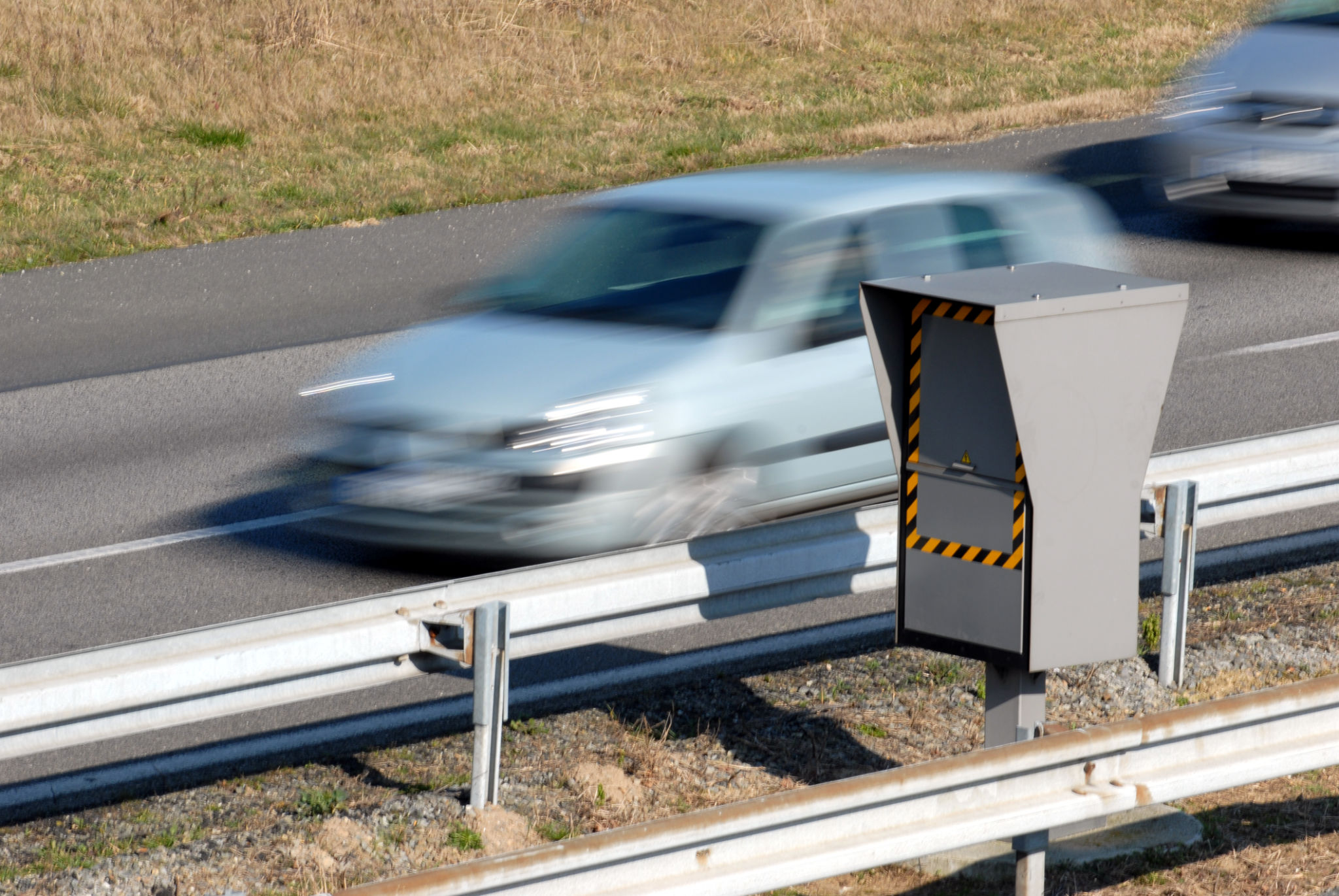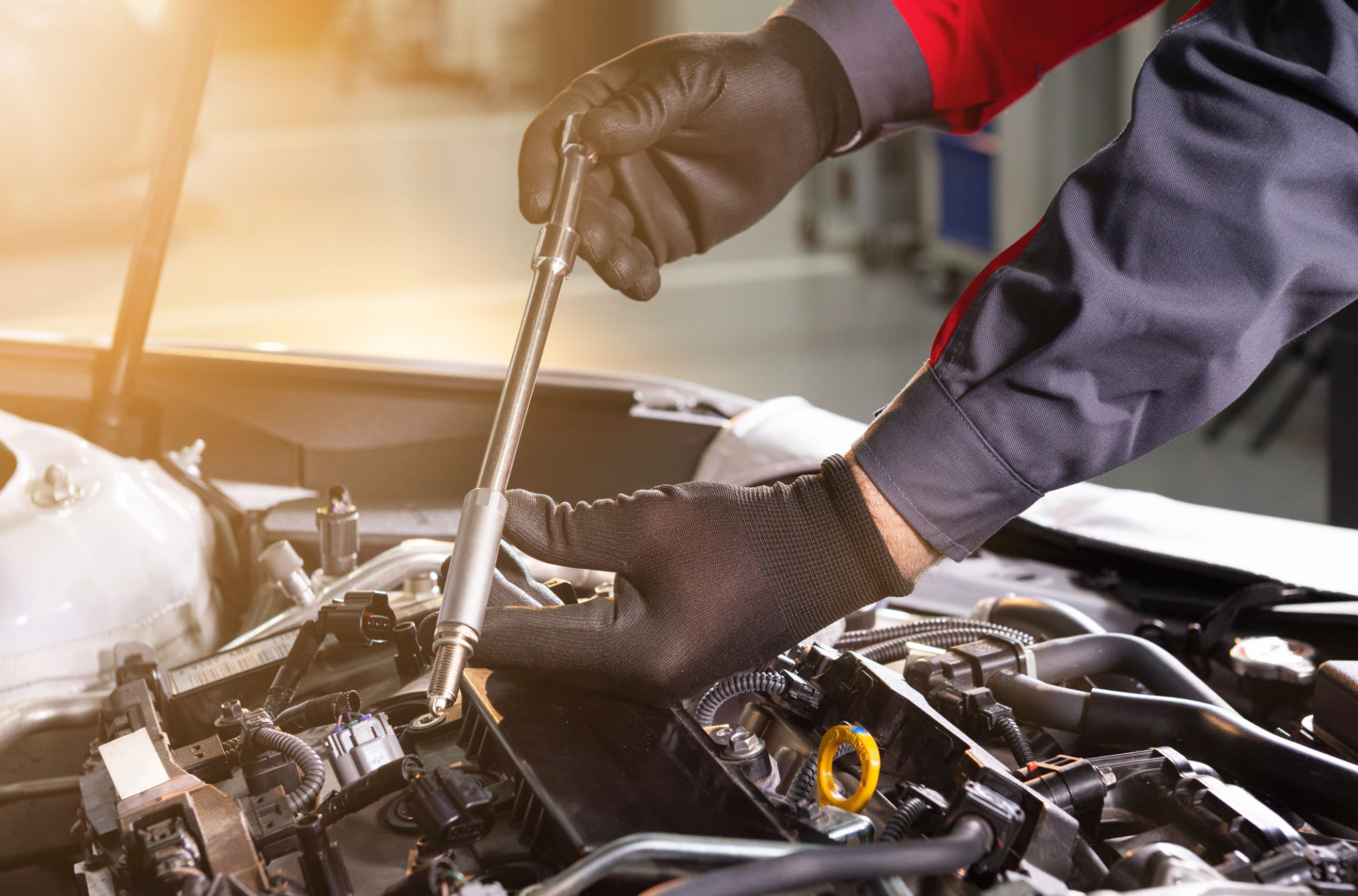Common Misconceptions About Radar Calibration: What Every Driver Should Know
Understanding Radar Calibration
As technology advances in the automotive world, radar systems have become an integral part of modern vehicles. These systems are crucial for features like adaptive cruise control and collision avoidance. However, there's a lot of misunderstanding surrounding radar calibration. To ensure safety and functionality, it's important for every driver to comprehend these systems and their upkeep.

What is Radar Calibration?
Radar calibration refers to the precise adjustment of your vehicle’s radar sensors to ensure they are functioning accurately. This process is essential because it directly impacts the reliability of safety features. Misalignment or improper calibration can lead to incorrect readings, which might compromise your vehicle's safety.
Many drivers mistakenly believe that radar calibration is a one-time process. However, it needs to be checked regularly, especially after any significant event like a collision or windshield replacement. Regular calibration checks can help in maintaining the accuracy and effectiveness of your vehicle’s safety systems.
Common Misconceptions
Misconception 1: Calibration is Not Necessary
A prevalent misconception is that radar calibration is unnecessary unless a problem arises. In reality, even minor misalignments can affect radar performance. Regular calibration ensures that the sensors provide accurate data, enhancing the overall safety of your vehicle. Ignoring this can lead to malfunctioning systems, which may not alert you in critical situations.

Misconception 2: Calibration is Expensive and Time-Consuming
Another common belief is that radar calibration is both costly and time-intensive. While it's true that there is an expense involved, the cost is relatively minor compared to the potential risks of driving with miscalibrated sensors. Additionally, many service centers offer quick and efficient calibration services, minimizing inconvenience for the driver.
It's important to consider that spending a little time and money on calibration can prevent larger expenses down the road, such as vehicle repairs due to accidents that could have been avoided with properly functioning radar systems.
When Should You Consider Calibration?
- After replacing or repairing your windshield.
- Following any significant impact or collision.
- If you notice any irregularities in your vehicle's adaptive features.
- As part of regular vehicle maintenance.

The Benefits of Proper Calibration
Ensuring that your vehicle's radar is properly calibrated provides numerous benefits. It enhances the accuracy of features like lane departure warnings and adaptive cruise control, offering you peace of mind while driving. Moreover, it helps maintain the overall health of your vehicle by preventing unnecessary wear and tear on its components.
By staying informed about radar calibration and dispelling common misconceptions, you can ensure that your vehicle remains safe and reliable on the road. Regular maintenance and understanding these systems can save you from future hassles and offer a safer driving experience.
